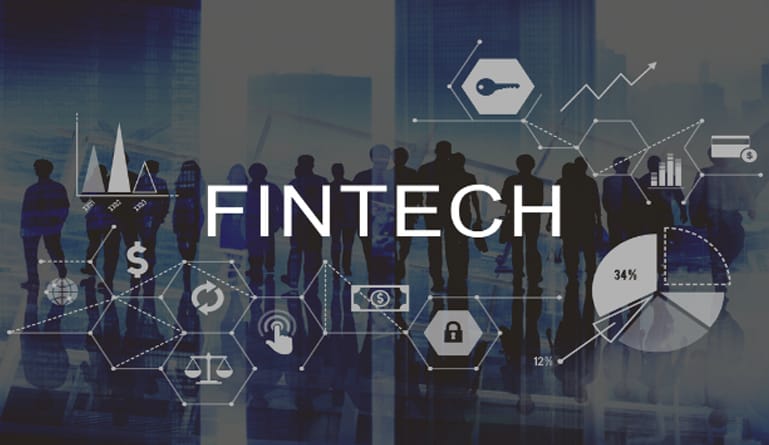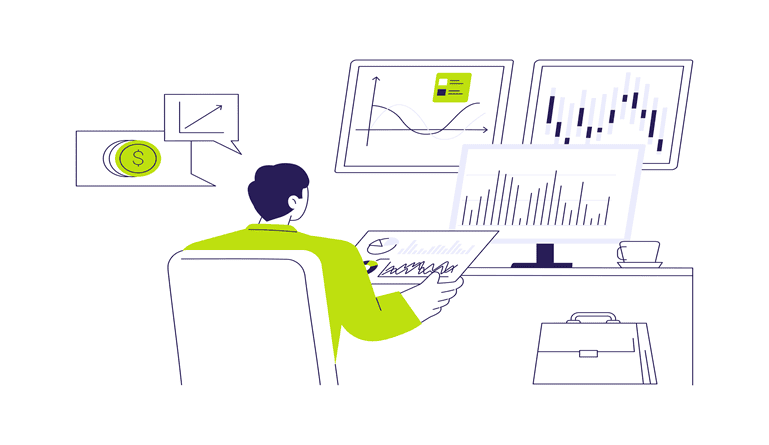What is on the horizon for the future of FinTech and banking?
As the financial technology sector continues to expand, it also faces unique challenges – here’s what to expect.
The simple definition of FinTech offered by Morningstar, Inc. is “businesses that leverage new technology to create new and better financial services for both consumers and businesses.” Fintech finds itself innovating in just about every financial sector – personal finance management, loans, and lending, investing, banking, and plenty more. This growth makes a lot of sense, as more and more people prefer to handle financial transactions online, with everything from paying bills to investing in the stock market being handled seamlessly online. The FinTech sector is relatively new, so all this growth brings just as many challenges as opportunities. Here’s what the future of FinTech and banking might look like in 2018 and the years to come.
The Future of Fintech
One successful example of a FinTech company that’s grown is CreditKarma. They not only offer free, accurate credit reports to consumers as frequently as they’re requested through their secure portal, they offer consumers help with deciding on credit cards and, more recently, help with filing taxes. This one-stop shop of financial services is free and convenient, offering customers a way to handle several parts of their financial experience at once. Another success story is Stash, which makes it affordable, straightforward, and easy to invest and save. These companies are offering consumers an alternative to traditional financial advisors and other services.
Despite these successes and others like them, FinTech startups have struggled to gain traction. One specific FinTech challenge is financing. While the technological solutions are based on offering financial solutions, some of these companies lack the financial resources to make the technology viable.
Another challenge is marketing. Finances are not a glamorous topic. While essential, financial services are linked to a whole host of consumer anxieties and many people have hesitations about placing trust of any part of their finances in an as-yet unproven app, technology or service. Many consumers want to work with what they know, like banks and traditional investment firms, and figure the technology they offer will be good enough for their needs. Getting buy-in from the general public is one challenge that the FinTech industry will really need to work to overcome, and financial technology organizations will need to focus on their usability, affordability, or advanced features to garner attention in their initial offerings.
The Future of Banking
One way that FinTech is disrupting traditional financial institutions, like banking, is by forcing them to offer more creative solutions to compete. Since traditional banks and investment firms are no longer the only option consumers have, they’re being tasked with offering solutions that are similar to what is available through FinTech startups.
Some financial institutions are working to incorporate more innovative technology, like AI, into their offerings so that their customers don’t go looking for an easier, cheaper, or more trendy solution with a FinTech competitor.
The future of FinTech and banking is still very much up for debate. Banking will continue to have advantages for at least the short-term – it’s a proven solution that people know and use. It’s likely that FinTech will struggle a bit to gain traction in some markets, but as more technology is proven viable, it’s likely more and more companies will grow to meet the needs of general and niche markets. There is also the likelihood that – like in many industries – larger banking and financial institutions will buy FinTech startups and their technology to roll into their own offerings.




